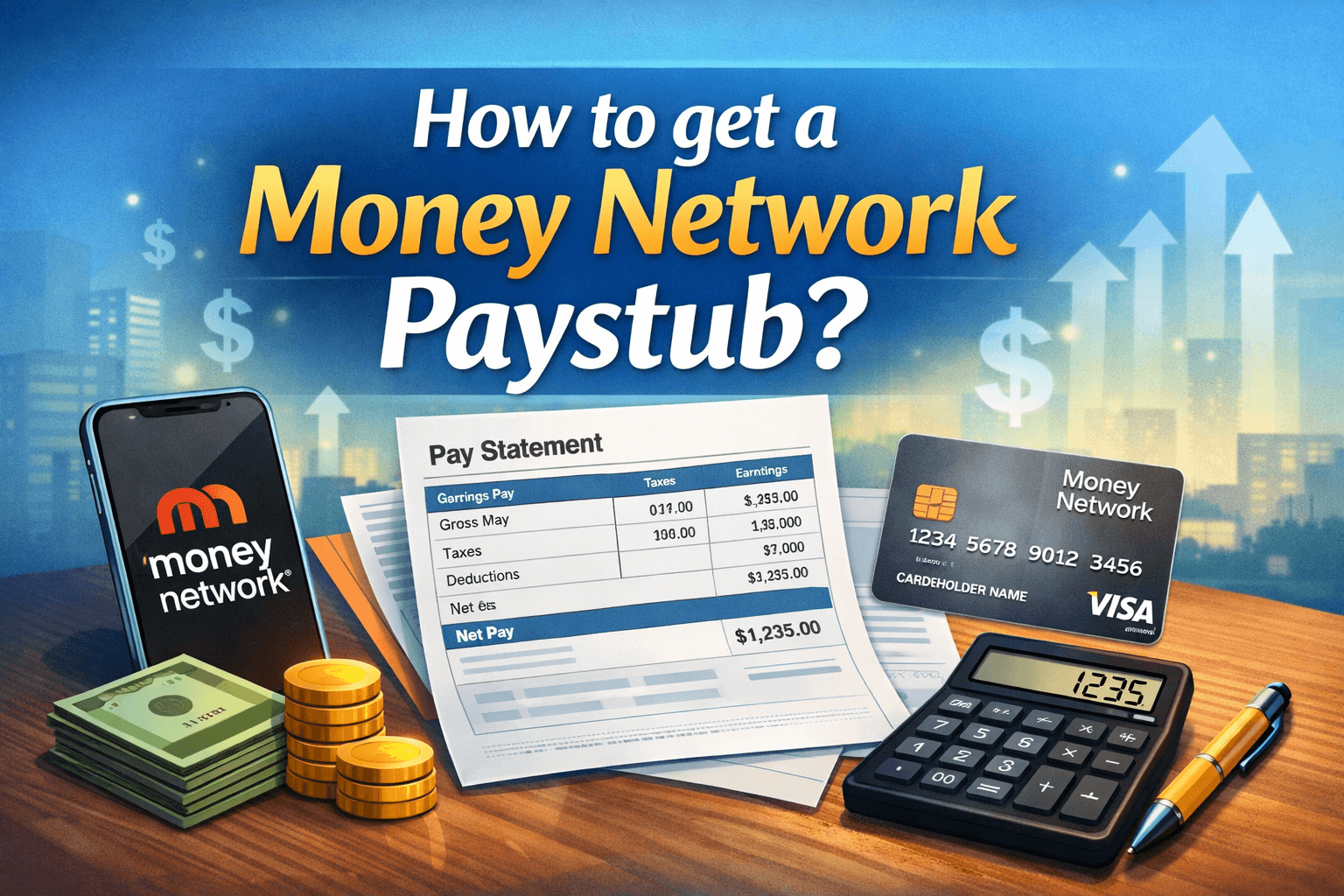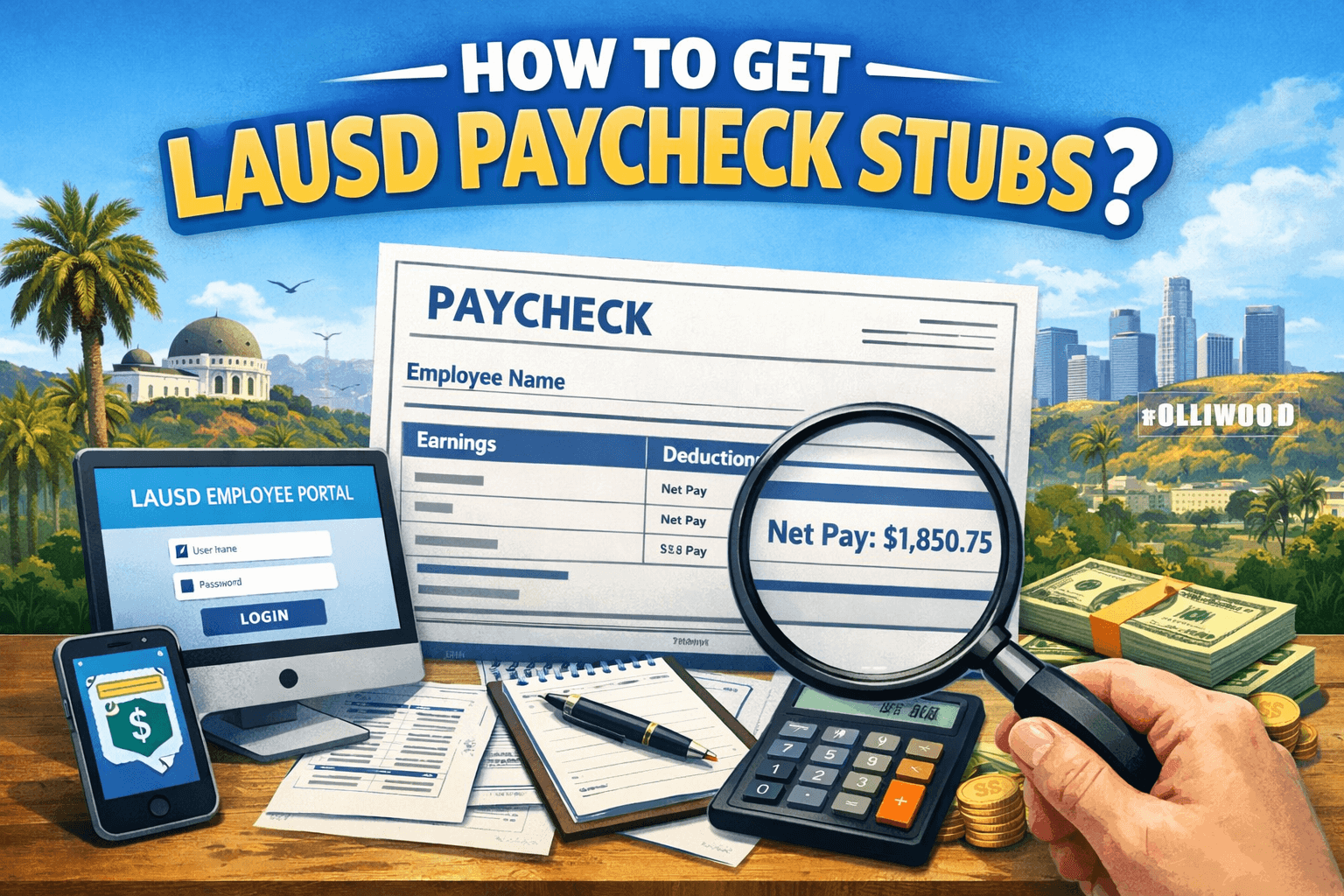What Is Social Media Background Screening?
Social media background screening is when employers review a job candidate’s public social media profiles as part of the hiring process. This might include looking at LinkedIn, Facebook, Instagram, X (Twitter), or other platforms where people share professional or personal updates.
The idea isn’t to dig into someone’s private life, but rather to see how they present themselves in public and whether their online behavior aligns with the company’s values.
Why Do Employers Use It?
A resume and interview can only tell so much. Social media sometimes fills in the blanks. For instance, a candidate who regularly shares industry insights on LinkedIn may come across as engaged and motivated. Another who volunteers at local events and highlights that online shows community involvement—something many employers value.
On the other hand, offensive posts or unprofessional comments can raise concerns. Employers use this screening to gain a more complete picture of a candidate before making a decision.
The Benefits and the Risks
Done carefully, social media screening can help employers avoid costly hiring mistakes and protect their reputation. It can highlight positive qualities that don’t always come through in an interview, such as leadership or creativity.
But there are risks too. Looking at social media can expose personal details—like religion, age, or political views—that legally shouldn’t affect hiring decisions. Privacy is also a concern, and mishandling the process can lead to claims of discrimination. That’s why it’s important for employers to be cautious.
For official guidance on avoiding bias in hiring, the U.S. Equal Employment Opportunity Commission (EEOC) provides useful resources.
How It Differs from a Traditional Background Check
Unlike a traditional background check, which verifies facts such as work history, education, or criminal records, social media screening focuses on behavior and personality.
Here’s a quick comparison:
| Aspect | Social Media Screening | Traditional Background Check |
| Source | Public posts, photos, comments | Employment, education, criminal history |
| Focus | Personality, behavior, cultural fit | Verified records and qualifications |
| Risk | Bias, privacy concerns, legal issues | Lower if compliant with laws |
| Oversight | Limited legal guidelines | Regulated by FCRA & EEOC |
A Practical Example
Imagine a company hiring for a customer-facing role. Candidate A looks great on paper, but their public social media posts include complaints and offensive remarks about past customers. Candidate B has similar qualifications, but their LinkedIn profile shows leadership activities and thoughtful industry contributions. That second candidate instantly feels like the safer, more professional choice.
Key Takeaways
- Social media screening gives employers extra insight into candidates, beyond resumes and interviews.
- It can highlight strengths, but also raise concerns if not handled responsibly.
- Employers need to balance the value of insight with compliance and fairness.
- Best practice: use it as a supplement to—not a replacement for—traditional background checks.
Smarter Hiring Starts with Strong Records
Checking someone’s online presence can help, but it’s only one part of building a reliable team. Organized payroll and accurate employment records are just as important for compliance and smooth operations.
Simplify that part of the process with our Real Pay Check Generator, professional pay stubs in minutes, built for growing businesses.
FAQs – Social Media Background Screening
Q1. What is social media background screening?
Social media background screening is when employers review a candidate’s public social media profiles, such as LinkedIn, Facebook, Instagram, or X (Twitter), to evaluate professional behavior and ensure alignment with company values.
Q2. Why should businesses consider social media screening?
It provides additional insights beyond resumes and interviews, helping identify candidates who demonstrate professionalism, engagement, or leadership online, which is especially useful for roles involving client interaction.
Q3. How does social media screening differ from traditional background checks?
Traditional checks verify facts like employment history, education, and criminal records, while social media screening focuses on public behavior, personality, and cultural fit.
Q4. What benefits does social media screening offer for small businesses?
It can reduce hiring risks, highlight positive qualities not evident in interviews, and help build a professional and reliable team—all while supplementing standard background checks.
Q5. What risks should employers be aware of?
Screening may expose personal details, such as age, religion, or political views, that should not influence hiring decisions. Mishandling the process can lead to privacy concerns or claims of discrimination.
Q6. How can businesses conduct social media screening responsibly?
Focus on public, professional behavior, use it as a supplement to verified background checks, and follow legal guidelines from the EEOC to avoid bias or compliance issues.







